Introduction
Ultimate Guide to Anatolian Shepherd Dog showcases their majestic guarding abilities.
- Originally bred in Turkey, this dog has a strong instinct to protect livestock
- They are highly intelligent, loyal, and have a strong work ethic that makes them unique
- Understanding their temperament, needs, and health is crucial for any potential owner
- This guide will cover everything you need to know about this remarkable breed
- By the end, you will be well-prepared to welcome an Anatolian Shepherd into your home
1. History of the Anatolian Shepherd Dog
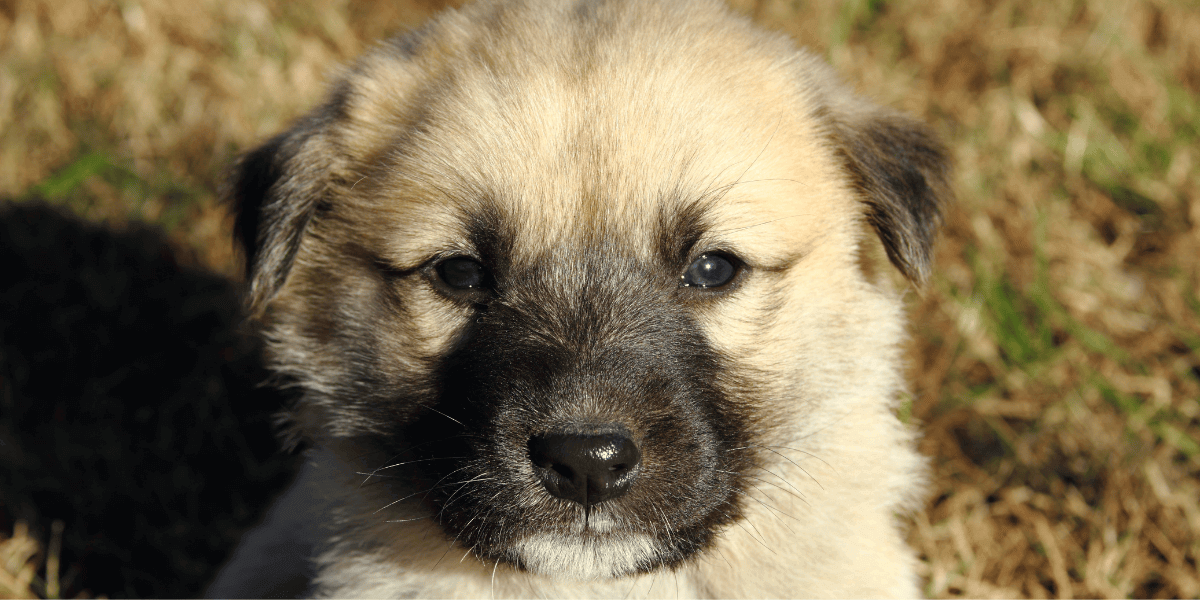
The history of the Anatolian Shepherd Dog reveals its origins and purpose.
- Ancient origins: This breed originates from Turkey as a livestock guardian
- Cultural significance: Anatolian Shepherds are essential to Turkish culture and farming
- Working heritage: They were bred to guard sheep from predators in rugged terrains
- Nomadic lifestyle: Early breeders relied on these dogs for herding and guarding
- Recognition: The breed gained recognition in the West in the 20th century
- Adaptability: They adapt to various environments, proving to be versatile protectors
- Conservation efforts: Organizations work to preserve the breed's genetic diversity
2. Physical Characteristics
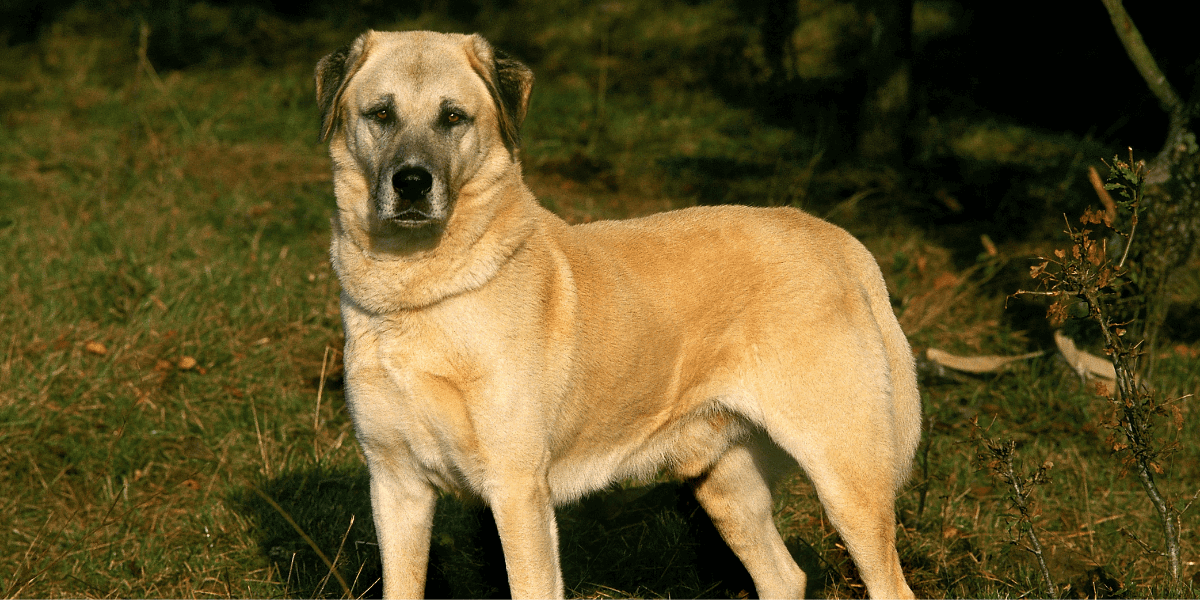
Anatolian Shepherd Dogs possess distinct physical features that set them apart.
- Size: They are large dogs, typically weighing between 90 and 150 pounds
- Coat: Their double coat can be short or long and comes in various colors
- Build: They have a muscular and powerful build suited for protection and herding
- Eyes: Their dark, almond-shaped eyes convey intelligence and vigilance
- Ears: The ears are typically dropped and can be cropped or left natural
- Tail: They have a thick, bushy tail that curls over their back when alert
- Gait: Their movement is strong and purposeful, reflecting their working dog heritage
3. Temperament and Behavior

Understanding temperament is vital in the Ultimate Guide to Anatolian Shepherd Dog.
- Protective nature: They are naturally protective of their family and territory
- Loyalty: This breed forms strong bonds with their family members and is very loyal
- Independence: They tend to be independent thinkers, requiring consistent training
- Intelligence: Highly intelligent, they excel in problem-solving and learning commands
- Calm demeanor: Anatolian Shepherds are generally calm but alert and watchful
- Socialization: Early socialization is vital for them to be well-adjusted around others
- Training needs: They respond best to positive reinforcement and consistent training
4. Training and Socialization
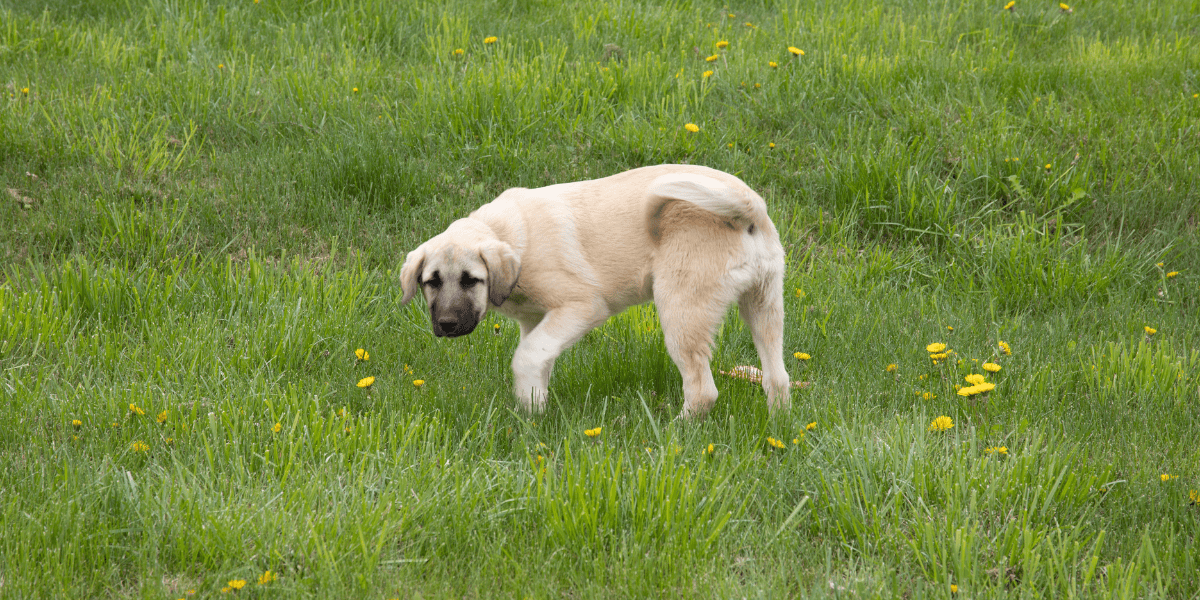
Proper training and socialization are vital for a well-behaved Anatolian Shepherd.
- Start early: Begin training and socialization during puppyhood for best results
- Basic commands: Teach basic commands like sit, stay, and come to establish control
- Obedience classes: Enroll in classes to help with socialization and proper behavior
- Positive reinforcement: Use treats and praise to encourage good behavior and learning
- Handling independence: Be prepared for their independent nature during training
- Consistency is key: Consistent training sessions help reinforce learned behaviors
- Regular exposure: Expose your dog to different environments and people for socialization
Discover effective training techniques to raise a well-behaved Anatolian Shepherd Dog, inspired by Great Dane Training 101.
5. Health Concerns
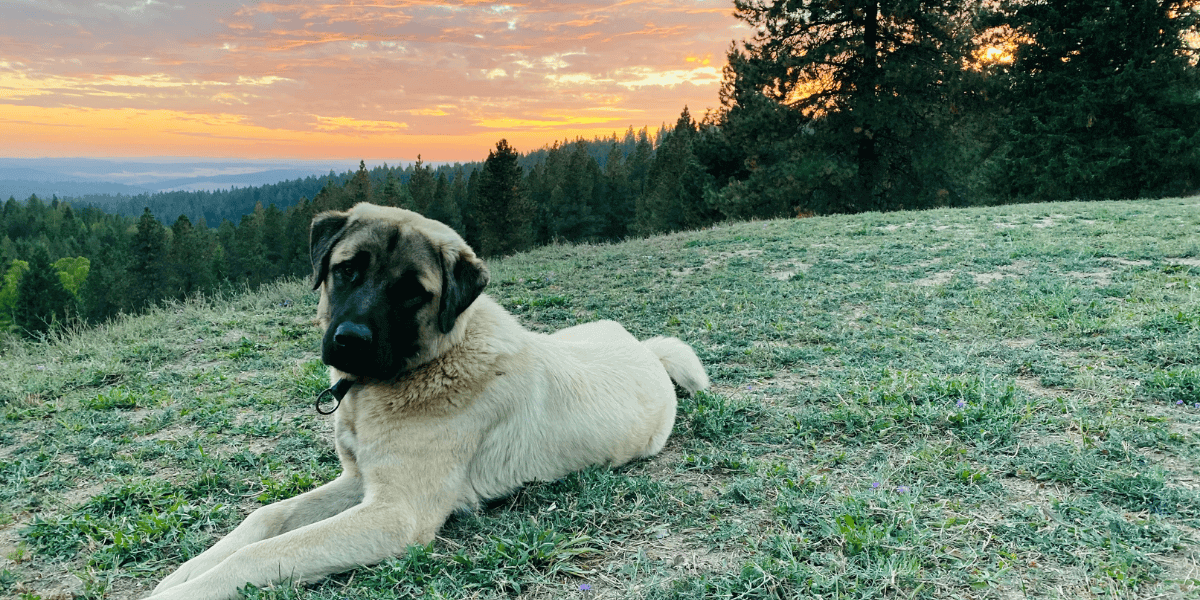
Being aware of health concerns can help keep your Anatolian Shepherd healthy.
- Hip dysplasia: This breed is prone to hip dysplasia, leading to mobility issues
- Elbow dysplasia: Elbow dysplasia is another common joint concern in large breeds
- Bloat: Gastric torsion or bloat can be life-threatening and requires immediate attention
- Hypothyroidism: Thyroid issues may develop, leading to weight gain and lethargy
- Allergies: They can experience allergies, causing skin irritations or digestive issues
- Regular vet visits: Schedule routine vet check-ups to monitor their health
- Preventative care: Stay informed about preventative measures for common conditions
6. Nutrition and Diet
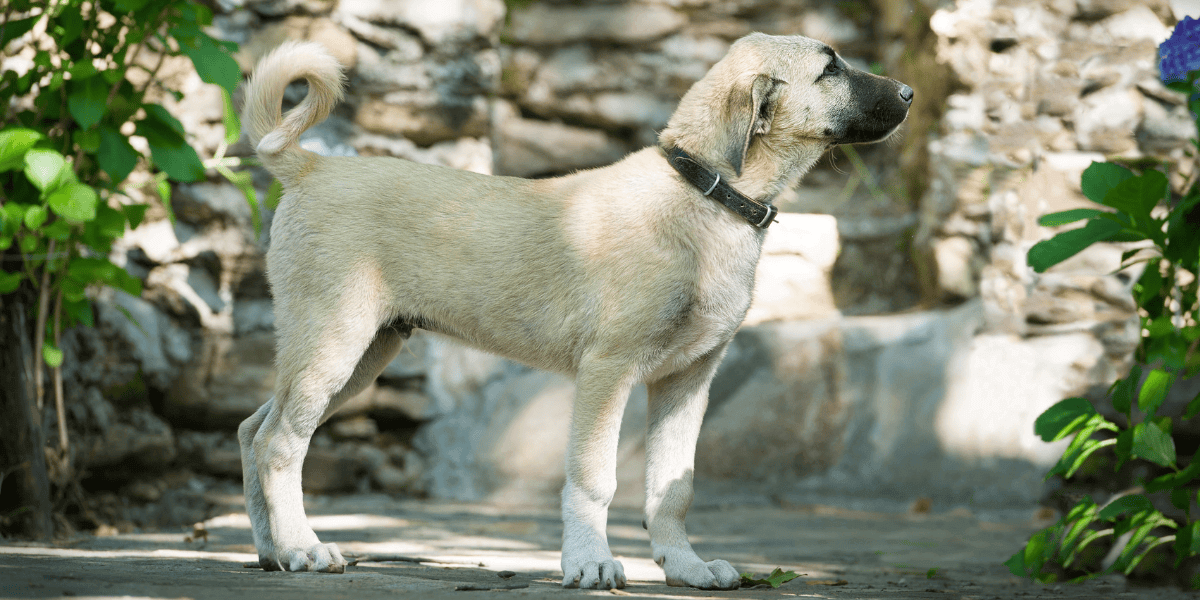
Ultimate Guide to Anatolian Shepherd Dog emphasizes a balanced diet for optimal health.
- High-quality food: Select high-quality dog food tailored to large breeds and their needs
- Protein needs: Ensure their diet has enough protein to support their high energy levels
- Age-appropriate diet: Adjust food based on their life stage, from puppy to adult dog
- Portion control: Monitor portion sizes to maintain a healthy weight and avoid obesity
- Hydration: Always provide fresh, clean water to keep your dog well-hydrated
- Consult your vet: Discuss dietary needs with your veterinarian for tailored advice
- Homemade options: Some owners prepare homemade diets; always consult a vet for guidance
Learn about the healthiest diet for your Anatolian Shepherd Dog, drawing insights from a vet's guide on German Shepherd nutrition.
7. Living Environment and Exercise Needs
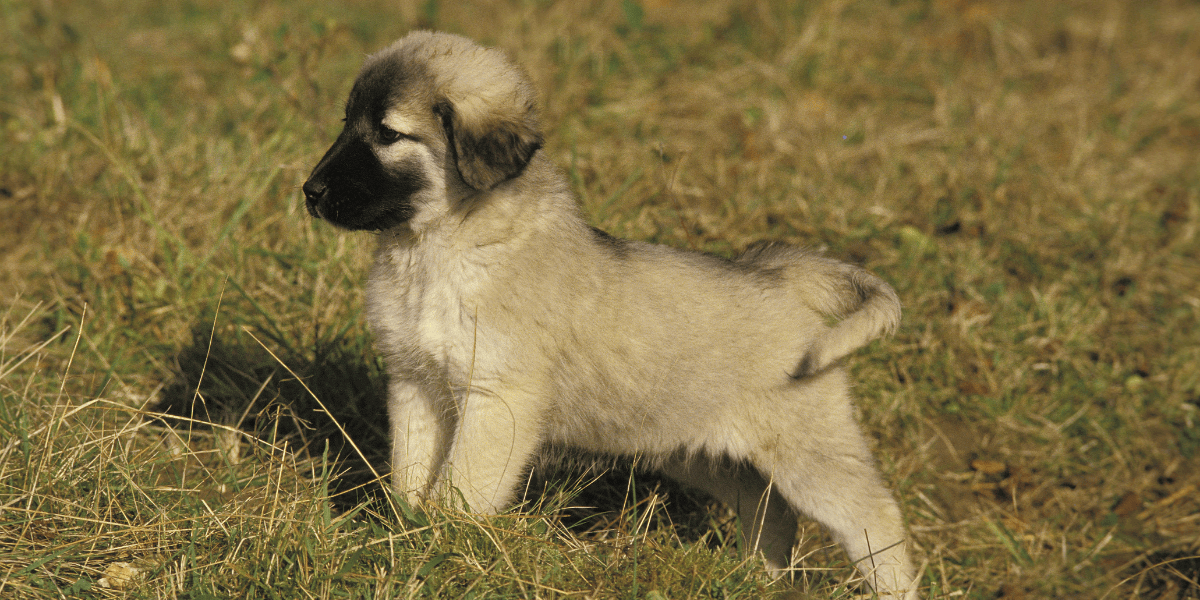
Anatolian Shepherds require specific living conditions and exercise to thrive.
- Space requirements: They do best in homes with ample outdoor space to roam and play
- Fencing: Secure fencing is necessary to keep them safe and contained in the yard
- Daily exercise: Regular daily exercise helps prevent boredom and destructive behaviors
- Structured activities: Engage in activities like obedience training and agility
- Mental stimulation: Puzzle toys and training games provide mental challenges
- Avoid leash restrictions: A fenced yard allows them to explore freely without a leash
- Quality time: Spend quality time with your dog to strengthen your bond
Ensure your Anatolian Shepherd Dog thrives in its living environment with exercise needs and grooming tips from Bernese Mountain Dog care.
FAQs
1. What is the lifespan of an Anatolian Shepherd Dog?
- The average lifespan is between 10 to 12 years with proper care and health
2. Are Anatolian Shepherds good with children?
- Yes, Ultimate Guide to Anatolian Shepherd Dog shows they’re good with kids if socialized
3. How much exercise does an Anatolian Shepherd need daily?
- They typically need at least 1 to 2 hours of exercise daily to stay healthy
4. Do Anatolian Shepherds require a lot of grooming?
- Their grooming needs are moderate; regular brushing helps manage shedding
5. Are they prone to any specific health issues?
- Yes, they are prone to hip dysplasia, elbow dysplasia, and bloat among others
6. How do I train my Anatolian Shepherd effectively?
- Use positive reinforcement methods and begin training early for best results
7. Can Anatolian Shepherds live in apartments?
- They can live in apartments but require ample outdoor space for exercise and play
Conclusion
- The Anatolian Shepherd Dog is a remarkable breed with a rich history and purpose
- Understanding needs in the Ultimate Guide to Anatolian Shepherd Dog ensures rewards
- Early training and socialization are crucial for a well-adjusted and happy dog
- Providing a balanced diet and proper healthcare will keep them thriving
- Engaging in regular exercise and quality time strengthens the bond between you
- Consider adopting an Anatolian Shepherd Dog and enjoy their loyal companionship
If you found this guide helpful, like and share it with fellow dog lovers today!
References
For more information on the Ultimate Guide to Anatolian Shepherd Dog, check out:




